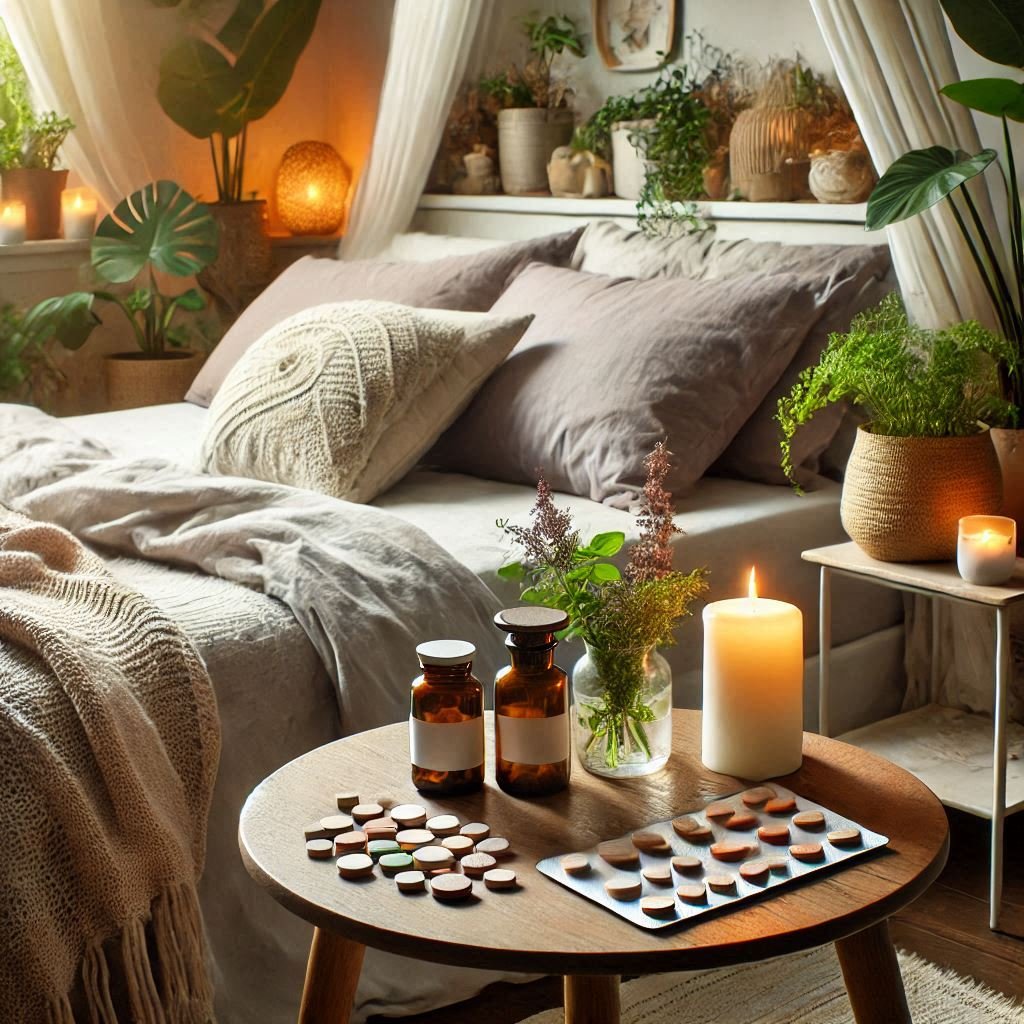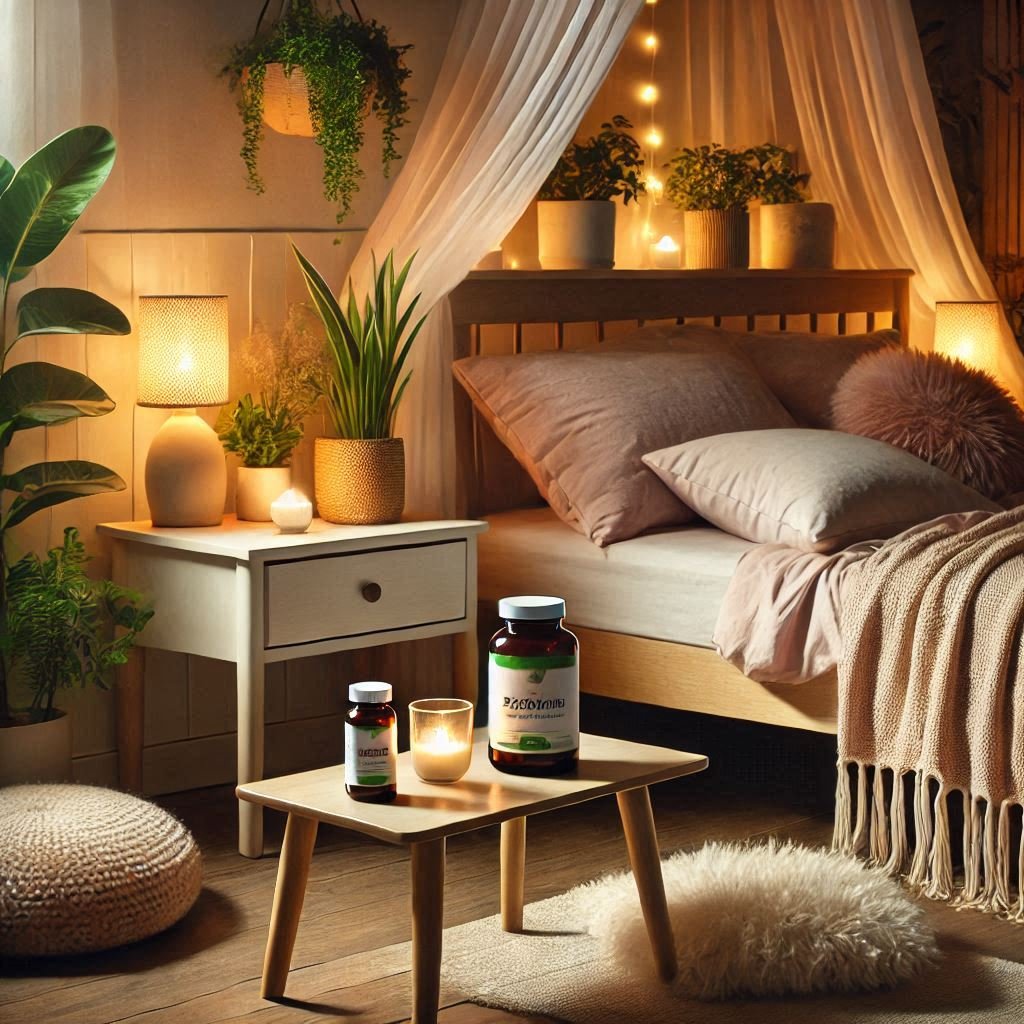
We all know that feeling of tossing and turning at night, desperately wishing for sleep to come. With the hustle and bustle of daily life, getting a good night’s rest can seem like an impossible dream. But it doesn’t have to be. I’ve discovered some effective techniques that can help you drift off quickly and wake up refreshed.
In this article, I’ll share my go-to strategies for falling asleep fast. Whether it’s creating the perfect sleep environment or adopting calming bedtime rituals, these tips are designed to help you conquer sleepless nights. So if you’re tired of counting sheep and ready to embrace restful sleep, keep reading to find out how to reclaim your nights.
Understanding Sleep
Sleep consists of multiple stages that play essential roles in physical health and cognitive function. I recognize the significance of both REM (Rapid Eye Movement) and non-REM sleep.
- Non-REM Sleep: Includes three stages, with the first stage being light sleep where the transition from wakefulness occurs. The second stage features a further decrease in heart rate and body temperature. The third stage, also known as deep sleep, fosters recovery and growth.
- REM Sleep: This stage occurs about 90 minutes after falling asleep and recurs multiple times. It’s crucial for memory consolidation and emotional regulation.
Sleep cycles typically last 90 minutes, repeating throughout the night. Understanding these cycles can guide efforts to improve my sleep efficiency. Aiming for 7-9 hours of sleep allows me sufficient time to complete multiple cycles.
Sleep hygiene significantly impacts sleep quality. Factors, such as minimizing light exposure, optimizing room temperature, and adhering to a consistent sleep schedule, contribute to better sleep outcomes. Prioritizing a calm environment sets the stage for restful nights.
Recognizing the sleep stages and their importance equips me with knowledge to combat sleeplessness effectively.
Common Sleep Challenges
Many people encounter obstacles that disrupt their ability to fall asleep and maintain restful sleep. Understanding these common sleep challenges can help identify solutions.
Insomnia
Insomnia involves difficulty falling asleep or staying asleep, often leading to daytime fatigue. It can stem from various factors, including poor sleep habits, underlying health conditions, or stress. Chronic insomnia affects around 10% of adults in the U.S., making it a prevalent issue. Various types of insomnia exist, such as acute insomnia, which lasts for a short period, and chronic insomnia, which persists for a month or longer. Addressing insomnia often requires a combination of behavioral therapies, lifestyle adjustments, and, in some cases, medication under professional guidance.
Stress and Anxiety
Stress and anxiety significantly impact sleep quality. High-stress levels trigger the body’s fight-or-flight response, making it challenging to relax. Studies indicate that nearly 40% of adults report stress influencing their sleep patterns. Anxiety often leads to racing thoughts, preventing the mind from winding down at bedtime. Techniques like deep breathing exercises, mindfulness meditation, or journaling before bed can alleviate stress and facilitate a smoother transition to sleep.
Effective Strategies to Get Sleep Fast
Several strategies promote faster sleep onset, contributing to improved rest and overall well-being. Implementing relaxation techniques, optimizing the sleep environment, and practicing good sleep hygiene can create conditions conducive to restful slumber.
Relaxation Techniques
Engaging in relaxation techniques can effectively prepare the mind and body for sleep.
- Deep Breathing: Taking slow, deep breaths signals the body to relax. Focus on inhaling through the nose for a count of four, holding for a count of four, and exhaling through the mouth for a count of six. Repeat several times to induce calmness.
- Progressive Muscle Relaxation: Tensing and then relaxing each muscle group reduces physical tension. Start from the toes, work to the head, and consciously relax muscles for 5-10 seconds each, promoting tranquility.
- Mindfulness Meditation: Practicing mindfulness involves focusing on the present moment and releasing racing thoughts. Spend 5-10 minutes in meditation to clear the mind and achieve mental stillness.
Sleep Environment Optimization
Creating an optimal sleep environment significantly impacts the ability to fall asleep quickly.
- Darkness: Use blackout curtains or an eye mask to minimize light exposure. Darkness triggers melatonin production, making it easier to sleep.
- Comfortable Temperature: Keep the room cool, ideally between 60°F and 67°F (15°C–19°C). A cooler environment fosters deeper sleep and reduces restlessness.
- Noise Control: Use earplugs or white noise machines to block disruptive sounds. Consistent background noise masks sudden disturbances.
Sleep Hygiene Practices
Implementing good sleep hygiene practices ensures consistency in sleep quality.
- Consistent Sleep Schedule: Go to bed and wake up at the same time every day, even on weekends. This practice stabilizes the body’s internal clock, promoting quicker sleep onset.
- Limit Screen Time: Avoid electronic devices at least 30 minutes before bed. Blue light emitted from screens interferes with melatonin production, hindering the ability to fall asleep.
- Mindful Consumption: Avoid caffeine and heavy meals 3-4 hours before bedtime. Caffeine can disturb sleep, while heavy meals can cause discomfort during the night.
Natural Remedies for Quick Sleep
Natural remedies can enhance sleep quality and promote faster sleep onset. Incorporating herbal supplements and aromatherapy into my bedtime routine often yields positive results.
Herbal Supplements
Herbal supplements can effectively promote relaxation and support quicker sleep onset. Popular options include:
- Valerian Root: Known for its sedative properties, valerian root may improve sleep quality and reduce the time it takes to fall asleep.
- Chamomile: This herb often serves as a calming tea that helps decrease anxiety and supports restful sleep.
- Lavender: Lavender has a calming aroma that may lessen insomnia symptoms and promote relaxation.
- Passionflower: Traditionally used to reduce anxiety and improve sleep quality, passionflower may aid in achieving a deeper sleep.
It’s essential to consult a healthcare professional before starting any supplement to ensure safety and avoid potential interactions.
Aromatherapy
Aromatherapy utilizes essential oils to enhance relaxation and promote sleep. Effective essential oils include:
- Lavender Oil: Widely recognized for its soothing properties, lavender oil can reduce anxiety and help create a tranquil atmosphere.
- Bergamot Oil: This citrus oil may reduce stress levels and promote relaxation, making it ideal for diffusing before sleep.
- Cedarwood Oil: Cedarwood oil possesses calming properties that may foster a greater sense of security and relaxation.
- Sandalwood Oil: Known for its grounding effects, sandalwood may help calm the mind and prepare it for restful sleep.
Using a diffuser, pillow spray, or adding a few drops to a warm bath can effectively incorporate these essential oils into my nightly routine.
Technology and Tools to Aid Sleep
Various technologies and tools can significantly enhance sleep quality and aid in falling asleep faster. Leveraging these resources can create a conducive sleep environment and optimize nightly rest.
Sleep Apps
Sleep apps offer features such as guided meditations, white noise, and sleep sounds. Popular apps include Calm, Sleep Cycle, and Headspace. Calm provides a variety of relaxation techniques, while Sleep Cycle tracks your sleep patterns and wakes you during light sleep, enhancing wakefulness. Headspace delivers guided imagery and sleep stories designed to quiet the mind. Utilizing these apps helps individuals establish a calming pre-sleep routine that fosters quicker sleep onset.
Sleep Trackers
Sleep trackers monitor sleep patterns and provide valuable insights into sleep quality. Devices like Fitbit, Oura Ring, and WHOOP strap track movements and heart rates during sleep. These trackers analyze sleep stages, duration, and disturbances, allowing for a personalized approach to improving sleep hygiene. Regularly reviewing sleep data promotes awareness of habits affecting rest. Integrating insights from sleep trackers can lead to modifications suited to achieve optimal sleep quality and efficiency.
Conclusion
Achieving fast and restful sleep doesn’t have to be a distant dream. By implementing the strategies I’ve shared, you can create an environment that promotes relaxation and enhances your sleep quality. Whether it’s through establishing calming bedtime rituals or utilizing natural remedies, every small change can lead to significant improvements.
I encourage you to explore the various techniques discussed and find what works best for you. Remember that consistency is key. With a little patience and dedication, you can transform your nights into a rejuvenating experience. Here’s to better sleep and waking up refreshed!


